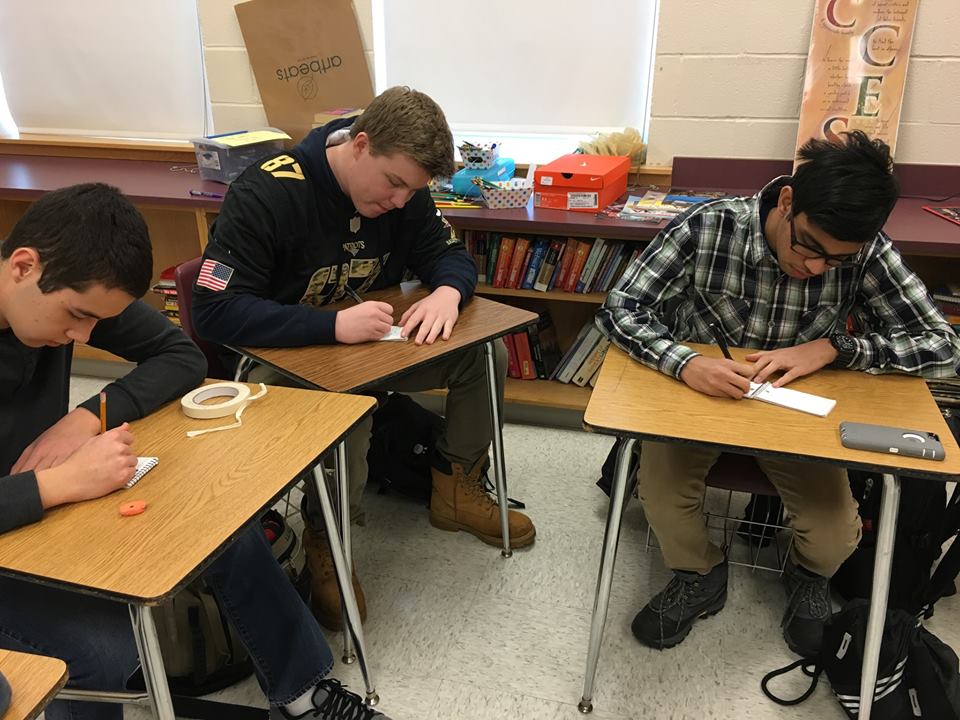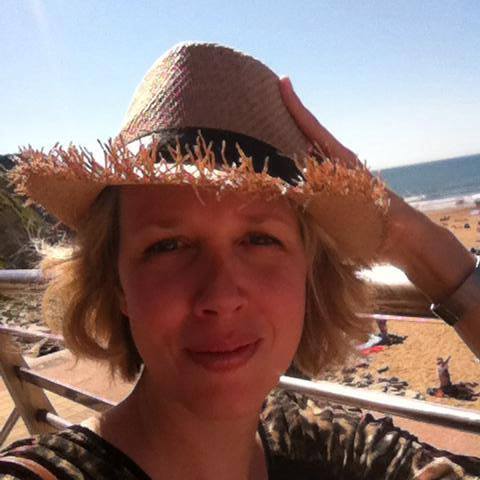Dear Shawn Achor,
I am a doctoral student at Texas A&M University in College Station, TX. About a year ago, I watched your TED Talk – The happy secret to better work – and decided to put into practice the five activities you recommended for lasting positive change: (1) write down three gratitudes, (2) journal a positive experience, (3) do physical exercise, (4) meditate, and (5) do a random act of kindness. I must confess that I was a little skeptical about your recommendations. However, I am glad I felt that way because that skeptical feeling was what drove me to do those activities for 21 days, as you suggested. The 21 days have turned into more than 365 days since I still do them.
As you suggested in your TED Talk, a random act of kindness can simply be a thank you email to someone. With that in mind, my random act of kindness today is to share my story here and thank you for all your dedication to your work and research, which have positively impacted a lot of people.
Your work certainly has impacted my life. For example, after practicing those activities mentioned above for 21 days, not only [did] I became a more positive person, but my work performance, mood, and confidence improved, which all made me a happier person.
Your books inspired me to learn more about happiness and how our brain works, and to put into practice everything that I learned. I did all that in the midst of a very busy academic semester (Fall 2015) at Texas A&M University. Nevertheless, all that new knowledge just improved my performance at graduate school and made me handle my academic duties and tasks more easily as I felt a lot happier than before. At the end of that semester, I decided to write a book to share the journey that led me to lasting happiness. Since your work was part of that journey, you will definitely be cited in the book.
Nowadays, whenever I have an opportunity, I share what I have learned from your work with other people, including my undergraduate students.
Thank you again for your hard work to create more positive minds in the world!
Best,
Angelica Ribeiro


